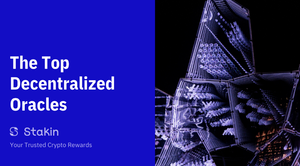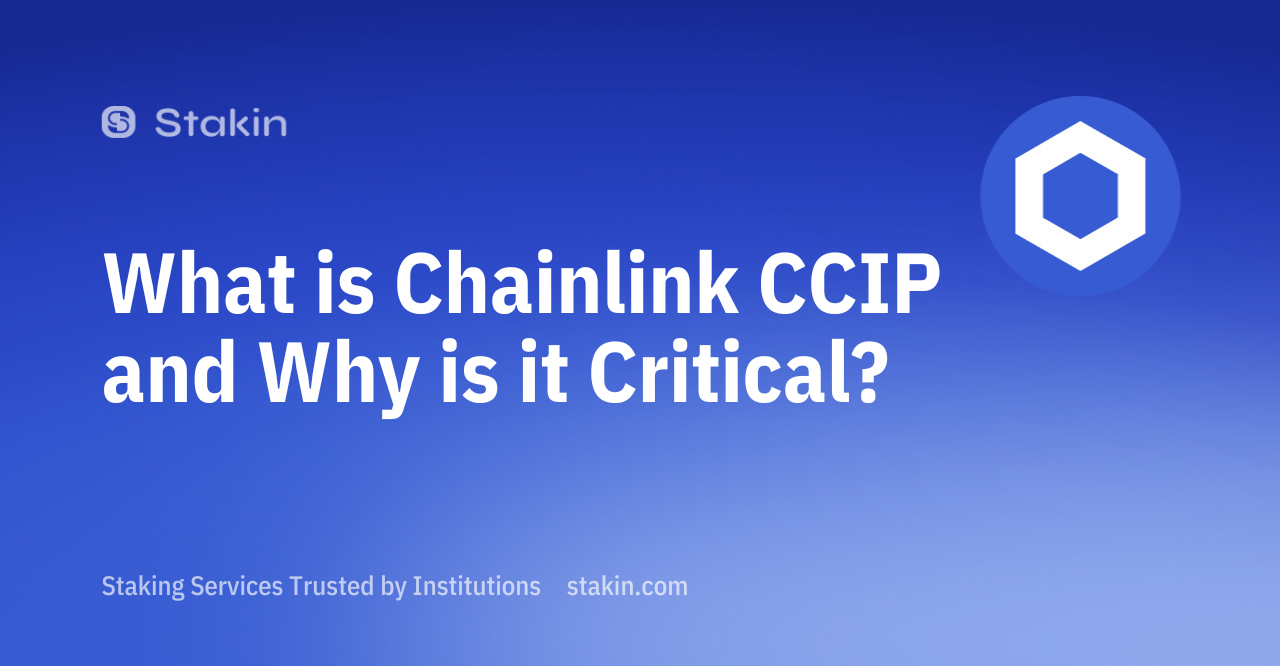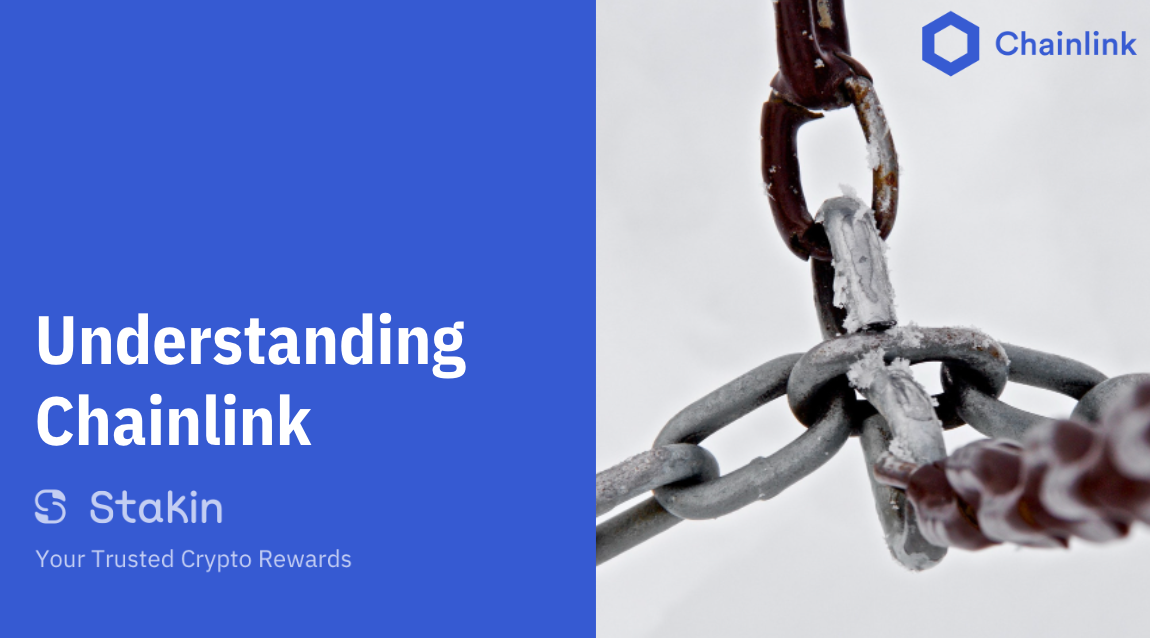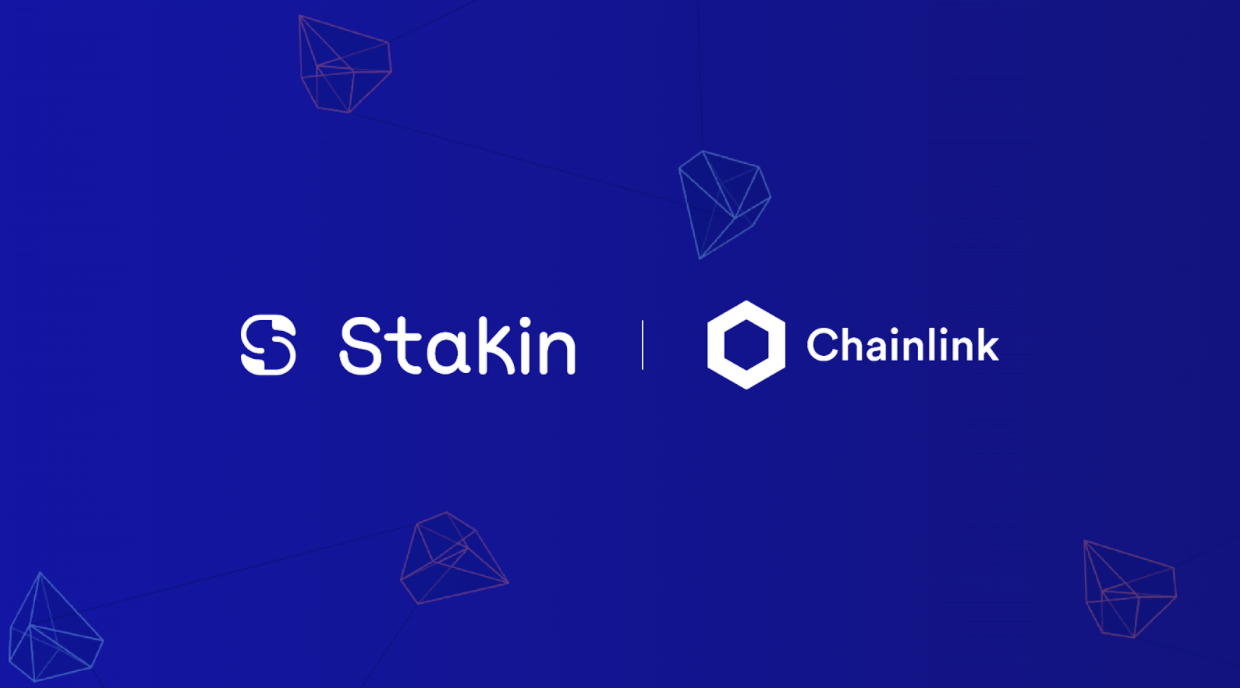Before we dive into the current decentralized oracles out there, let’s quickly recap what decentralized oracles are and what makes them so important to the blockchain space.
The blockchain industry is currently dealing with the same interoperability issues that the IT sector did decades ago. Networks are unable to communicate with one another, leaving plenty of room for poor user experience and inefficiency. Blockchains can’t interact with the real world, or at least not by themselves, as they can’t directly be connected with legacy systems. This issue significantly limits their usability and adoption rate.
These limitations are often referred to as the Oracle Problem. Digital ledgers remain isolated, much like a computer without an internet connection, because there is no way to send or pull data from external systems built outside of blockchains. Given that most smart contract use cases rely on interacting with the real world, the Oracle problem is much more severe than anyone can imagine. Blockchain developers have created a solution to this problem in the form of decentralized oracles.
Thus, to answer the question: “What are Decentralized Oracles?” decentralized oracles allow data integration from various sources. Technically, the data from different data sources can be integrated either by Oracle or outside Oracle.
Decentralized Oracles In 2021
Chainlink
Chainlink must be one of the most well-known decentralized oracle providers out there. Chainlink is a multi-chain oracle network that “provides reliable, tamper-proof inputs and outputs’ ‘ for smart contracts. Chainlink is the most comprehensive tokenized oracle solution by market capitalization and one of the most established in the blockchain space. The company was launched in 2017 by Sergey Nazarov.
Chainlink’s decentralized oracle network connects smart contracts to a plethora of real-world data feeds such as asset prices, price feeds, sports data, shipping data, weather data, and others. Their solution applies to any blockchain and is used by a number of leading DeFi protocols such as Aave, Kyber Network, Synthetix, Ampleforth, and others.
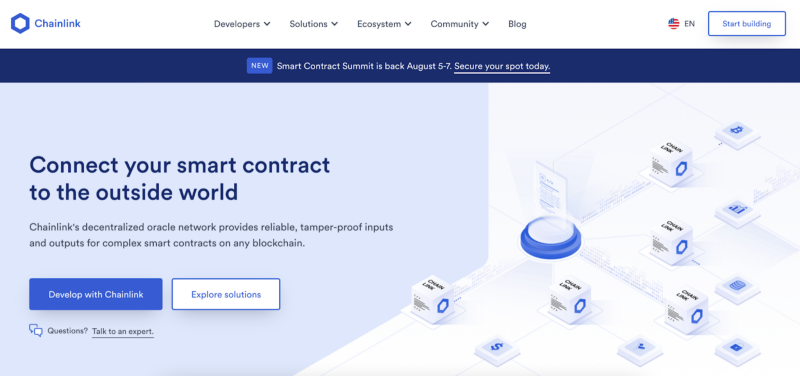
Witnet
Witnet is a reputation-based decentralized oracle network: nodes running the Witnet software earn or lose reputation when they fulfil a data request correctly or incorrectly, with correctness defined by a consensus algorithm that analyzes node responses. Nodes that disagree with the consensus lose reputation (by going offline or attempting to be malicious), which is divided among the honest nodes. If the consensus is a timeout, it remains unpunished as long as a node agrees with the consensus.
Oracles, also known as “witnesses,” are chosen randomly by the Witnet protocol to mine and fulfil data requests based on their reputation score. Benevolent oracles will gain more reputation points and become more likely to be chosen for tasks, which will earn them tokens upon completion.
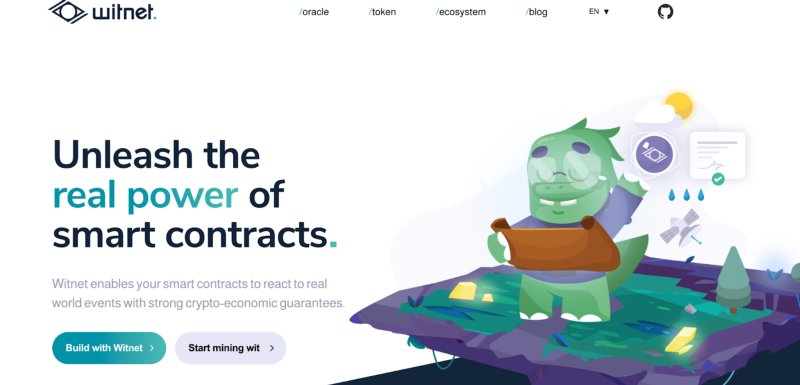
Provable
The Provable blockchain creates oracles for DApps, enabling the shift of traditional services such as finance, gambling, and insurance into decentralization. It works as follows; the user identifies a critical process that they want to secure. Then, garbage in, garbage out; some applications cannot afford that risk. Next, Provable helps you integrate their technology to enforce your process’s correct equation and make it more transparent. Lastly, a complete audit trail is provided to you and your clients while your critical process runs. Anyone can monitor its correct execution with ease.
The Band Protocol
Band Protocol is a cross-chain oracle network that enables decentralized applications (dApps) to integrate price and event feeds, effectively connecting the decentralized and real worlds. Despite being a year younger than Chainlink, Band has received a significant amount of attention since its launch in 2018 and is widely regarded as the most serious competitor.
Band offers “community-curated” data sources that allow dApp operators to participate in the management and curation of data feeds to solve the oracle problem and provide smart contracts with reliable data feeds. Band differs from Chainlink in this regard, allowing dApps to access data via smart contract data points rather than external oracles.
One of Band’s recent accomplishments is its integration with Google Cloud. Band Protocol has been integrated into Google Cloud Public Data to allow for real-time and accurate financial time series data analysis. Traditional, hybrid blockchain and cloud applications can be built to leverage unique data feeds from decentralized oracle services with Band Protocol oracle data live on Google Cloud Public Data. For more info, check the full article here.

Decentralized Information Asset (DIA)
DIA is an open-source oracle platform that enables market actors to source, supply and shares trustable data. It is a non-profit organization based in Switzerland that serves as an Oracle platform for the DeFi ecosystem. It is essentially a platform that allows access to crowd-verified financial data, allowing for a fair and symmetrical financial ecosystem. Its goal is to provide market data that is transparent, secure, and verified.

API3
API3 is a DAO-governed project that creates APIs for DAPPs known as dAPI. It will deploy, manage, insure, and monetize at a large scale. It is essentially a project to develop a different, traditional methodology for connecting blockchains to data providers’ APIs. dAPIs are blockchain-native, decentralized API services created by combining multiple operators and running Oracle nodes without an intermediary.

DISCLAIMER: This is not financial advice. Staking, delegation, and cryptocurrencies involve a high degree of risk, and there is always the possibility of loss, including the loss of all staked digital assets. Additionally, delegators are at risk of slashing in case of security or liveness faults on some protocols. We advise you to do your due diligence before choosing a validator.
